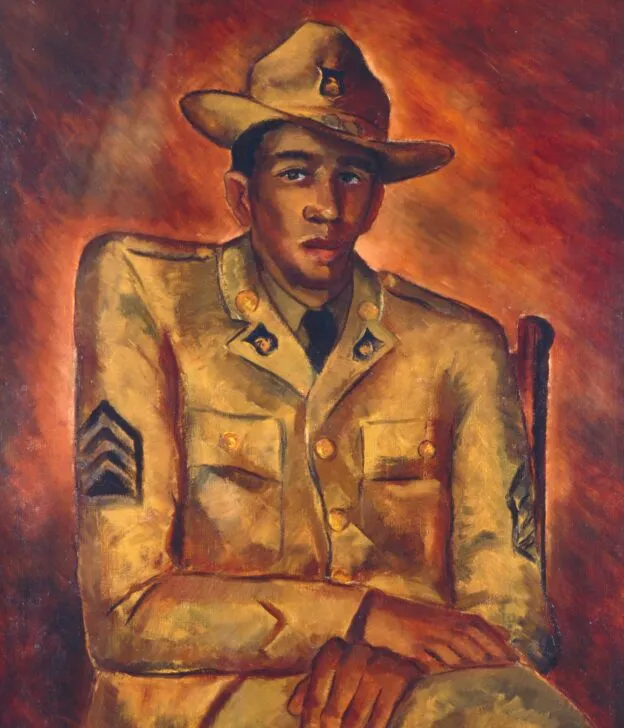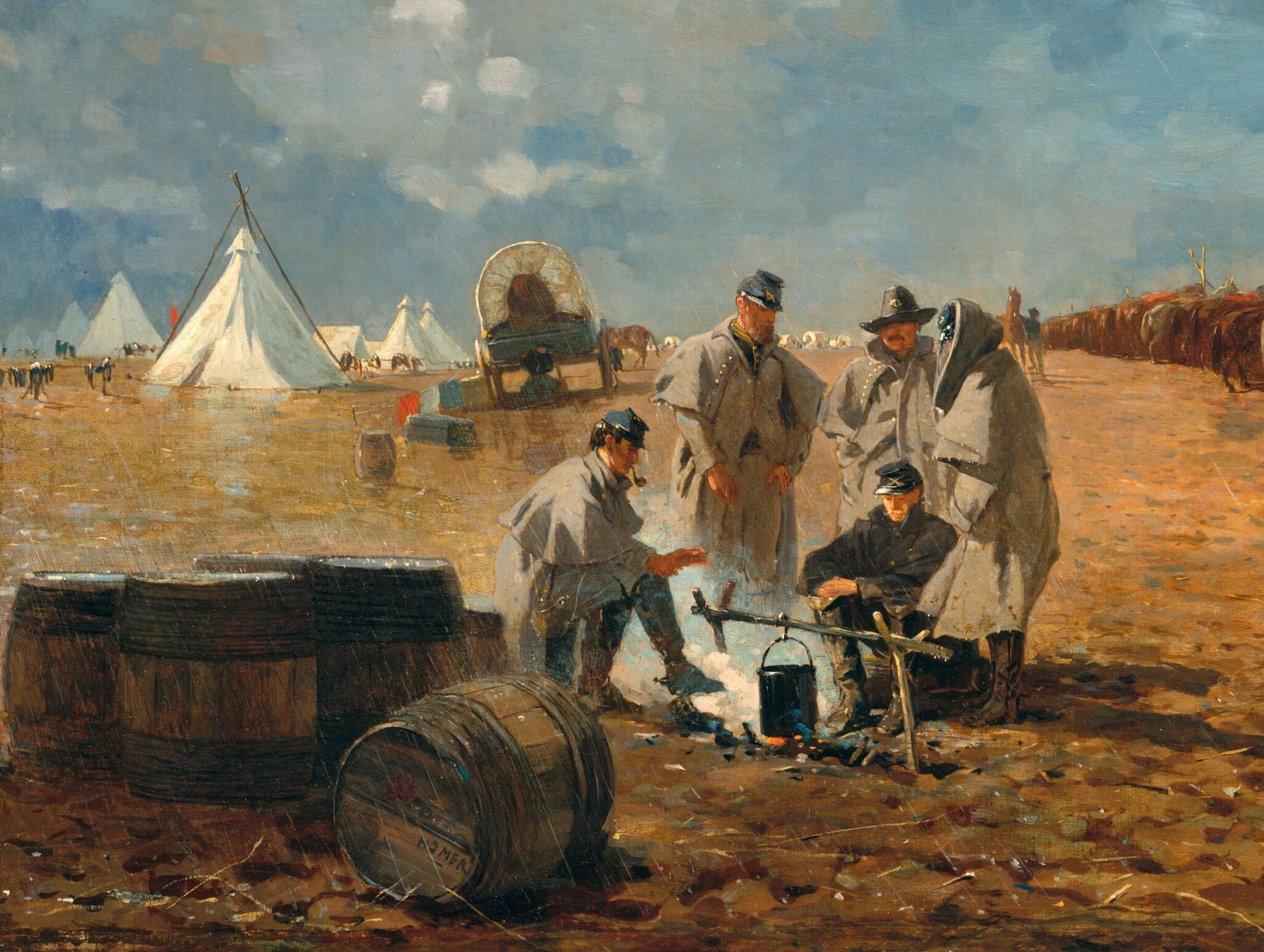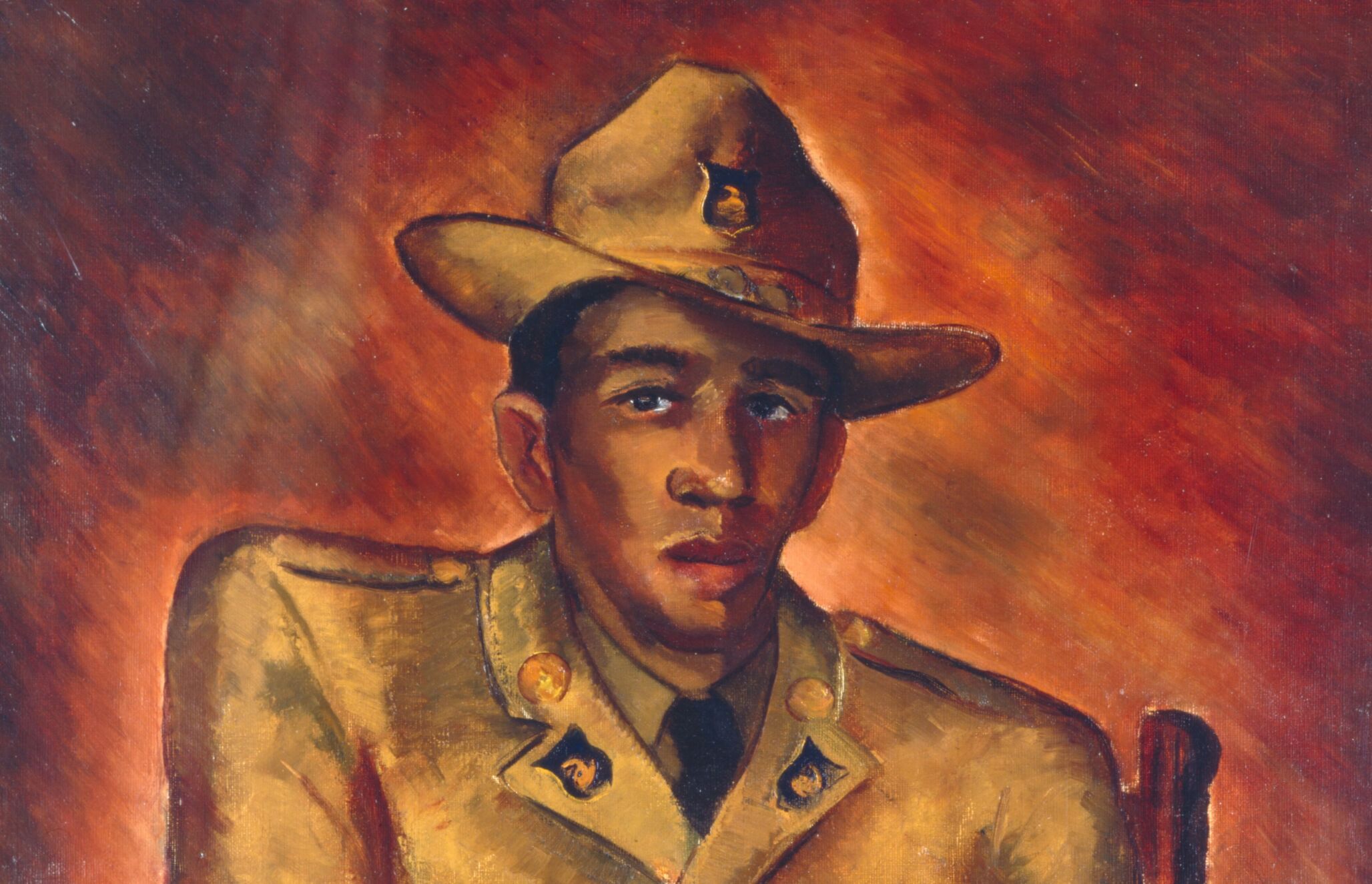
Could Civics Competition Help Our Politics?
How civics education helps us thrive
Once a year, hundreds of middle schoolers descend on Washington, DC, to participate in the National Civics Bee national championship hosted by the US Chamber of Commerce. Each state sends one finalist to face off against other students in a battle of wits on their knowledge of government. From the expertise shown by the students in the room, you would never know that the state of civics education in the United States is in such decline.
While being around these state champions inspires me, much like my days teaching at the United States Military Academy at West Point, or even now at the Wharton Business School, the statistics tell a more dire story: 34% of Americans cannot name all three branches of government. Only 40% know freedom of religion is guaranteed by our Constitution. Only 59% of Americans report taking a high school civics class.
The effects of this lack of education are clear. Bipartisanship, pride in country, and confidence in the future are all at an all-time low. Political animosity and violence are the highest they have been in decades. The effects of this are clear. Instances of political violence and assassination are increasing. Only 67% of the country feel proud that they are American.

Civic education is not just beneficial, it’s foundational.
Most dangerously, more and more citizens are unengaged and ambivalent to the state of the nation and feel unable to be part of the change they want Civics education is not just beneficial, it is foundational. to see. While it’s not a cure-all to this issue, civics education can help stop this malaise that underlies so many of these problems—all while giving people the skills to effectively advocate for better policies and a stronger and more united America.
President John F. Kennedy once said, “Children are the world’s most valuable resource and its best hope for the future.” Civics education is not just beneficial, it is foundational. Without it, our democratic system of governance and Constitutional values become dangerously unstable, and we lose sight of how well those have guided us.
But civics is not just for law or politics. Look at the virtues that we have strived for as we built the nation: honesty, community, inclusion, compromise, selflessness, courage, and valor. These aren’t unique to governance, but values we should adhere to in our everyday lives—and they are all present in our founding documents.

In “We the people,” there is incontestably optimistic belief in the honesty and goodness of the American people.
In the first amendment’s guarantee of freedom of religion and our guarantees to voting rights, there is inclusion and the creation of a nationwide civil community. In its preamble that begins with “We the people,” there is incontestably optimistic belief in the honesty and goodness of the American people. Civics education, crucial for learning these values, makes us better people and better neighbors.
Organizations like the US Chamber of Commerce Foundation recognize this, which is why they have prioritized civics education for America’s students and for business leaders. Those same values critical to civics education are not just transferable but necessary to the business world and a key to success for education regardless of whatever field that may be.
I know personally how crucial civics education is—how it instills a love of country, a dedication to selfless service, and recognition of the importance of helping your fellow man. In a time when civics education is waning and becoming deprioritized, reinvigorating civics education for adults and school children will help heal our country and secure the future.

About the Author
Patrick J. Murphy is a former prosecutor, vetrepreneur, former US Representative, and the 32nd Army Under Secretary.
